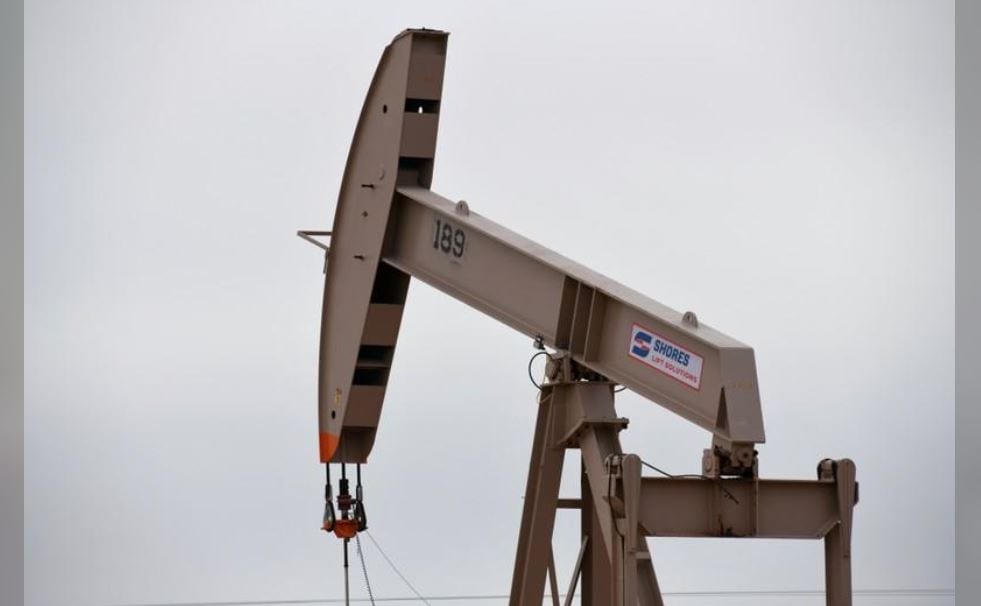Pipeline operators have to make the most out of a small amount of space. That’s where batching comes in. Batching means that liquids in pipelines can transport different types and grades of liquid petroleum products in the same pipeline. Batching makes efficient use of existing pipeline capacity. The process involves using the same pipeline to ship different types and/or grades of liquid products, such as light crude, heavy crude, or diluted bitumen.
Pipeline companies have set specifications for each product that’s batched for shipping. Specifications include viscosity (the degree to which the crude oil resists flow), density (heavy crude versus light crude), temperature, volatility, sulfur content (sweet crude is low in sulfur, and sour crude is high in sulfur), and sediment-and-water content. Trans Mountain is the only pipeline in North America that batches both refined products and crude oil for shipping. Examples of refined products are diesel, gasoline, and jet fuels.
Here’s a quick look at how it works.
- The pipeline operator sends a batch of light crude along the line for a few hours.
- Once that light crude batch moves through the pipe, the operator can then switch to a batch of heavy crude, and a few hours later another shift can occur and so on.
- The pipeline operator uses scheduling to track batches of customers’ products. Any mixed products must be placed in a separate tank and reprocessed to separate.
- Some pipeline systems use a batch mechanism called a “pipeline pig” to separate individual parcels, but the usual approach is to mix together “like crudes” in a common stream.
How do customers benefit from batching?
In short, lower energy costs. By making efficient use of existing pipeline capacity, batching reduces the need for multiple product-specific pipelines, which lowers the cost of transporting oil and its by-products. Also, there is a safety aspect: reduced volumes of oil products transported by rail and trucks, which are known to be more costly means of energy transportation and not as safe as pipelines.


